Purpose
Overall Project Goal and Objectives
Limited availability of religiously and spiritually competent mental health care represents a major barrier to flourishing in the U.S. Spiritual and religious beliefs, practices, and relationships are a central aspect of most people’s psychological functioning. A growing body of evidence also indicates a robust role of R/S in psychological well-being, recovery, and growth. R/S are also meaningful aspects of multicultural diversity, and like other forms of diversity, such as race, gender, and sexual orientation, leaving them unaddressed in clinical practice might lead to inadequate or insensitive care and increase barriers to pursuing mental health care. Attending to the spiritual and religious aspects of people’s lives in clinical practice is a form of both clinical and cultural competence that requires special attention at all levels of training.
At present, most mental health professionals receive little to no training in R/S and how they influence mental health, even though integrating clients’ R/S into care often improves clinical outcomes and utilization of services. Whether intentional or not, lack of training likely leads many clinicians to perpetuate bias against R/S in their professions, not appreciate the cultural and clinical relevance of R/S, and/or feel inadequate addressing their clients’ R/S in their work. Lack of attention to R/S in mental health care also likely accounts partly for racial inequities in access and service utilization in the U.S. Ignoring these core domains of diversity, or what has been referred to as “spiritually avoidant care” (Saunders et al., 2010), leaves out a sacred core for many persons that is often deeply intertwined with suffering, healing, and growth.
The long-term goal of this project is that every mental health professional will possess basic competencies to address spiritual and religious dimensions of their clients’ lives. To this end, we are taking a strategic and multi-pronged approach to facilitate research on R/S competency training, establish consensus about the relevance and composition of R/S competencies, and disseminate resources for assessment and training across the four professions providing most of the mental health services in the U.S. (counseling, marriage and family therapy, psychology, and social work). Drawing upon backgrounds in clinical practice, research, supervision, education and training, our interdisciplinary team is pursuing this long-term goal via targeting a set of micro-, mezzo- and macro-level objectives across four sub-projects.
Micro-Level
Sub-Project 1: Fostering the Integration of Spiritual Competency Training into Mental Health Graduate Education
We will enhance, implement, evaluate, and disseminate standardized hybrid (online and face-to-face) training content that can be readily integrated into existing clinical graduate courses to promote the acquisition of R/S competencies for Master’s and Doctoral programs.
Sub-Project 2: Promoting Research in Spiritual and Religious Competencies in Clinical Training
Given that practicum and internship training represent the primary avenues by which students acquire applied or clinical skills, we will support between 12-15 clinician-scientists in graduate and post-graduate programs in the U.S. to conduct research on R/S competencies and produce tools for assessment and clinical training that also might be disseminated widely after the project.
Mezzo-Level
Sub-Project 3: Understanding Faculty Views, Behaviors, and Needs Regarding Training in Religious and Spiritual Competencies
We will examine the current views, behaviors, experiences, supports, and perceived barriers related to R/S competency training in graduate education among training faculty across counseling, marriage and family therapy, psychology, and social work. In so doing, this interdisciplinary and national needs assessment survey will illuminate training needs and strategies for overcoming barriers to integrating R/S content, provide a baseline assessment to evaluate our project’s long-term impact, and provide an opportunity for core faculty to reflect on whether and/or how they address R/S in their work.
Macro-Level
Sub-Project 4: Promoting Spiritual and Religious Competency Training for Mental Health Professionals: A Systems-Change Endeavor
We will target coordinated systems-level change activities to guide planning and implementation of solutions to overcoming cultural and systemic barriers for the integration of R/S competencies across the four professions. Guided by a Consolidated Framework for Implementation Research, this sub-project will first identify key stakeholders, assets, opportunities, challenges, and primary levers for change, and then promote stakeholder collaboration in creating solutions to the problem. In turn, a systems-change roadmap and evidence map-evidence visualization will be developed that will clarify the strategic activities having the most leverage to achieve the long-term goal of the project.
By pursuing these strategic objectives via a collaborative and comprehensive approach, this project will ideally catalyze a cultural transformation across mental health professions to integrating R/S competencies as a standard part of training, research, and clinical practice into the future.
